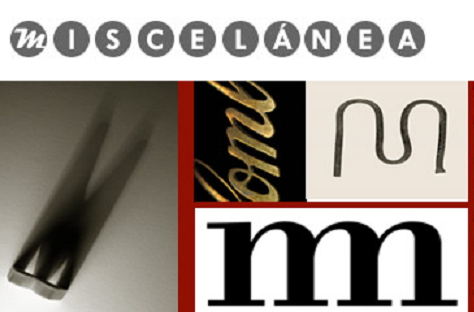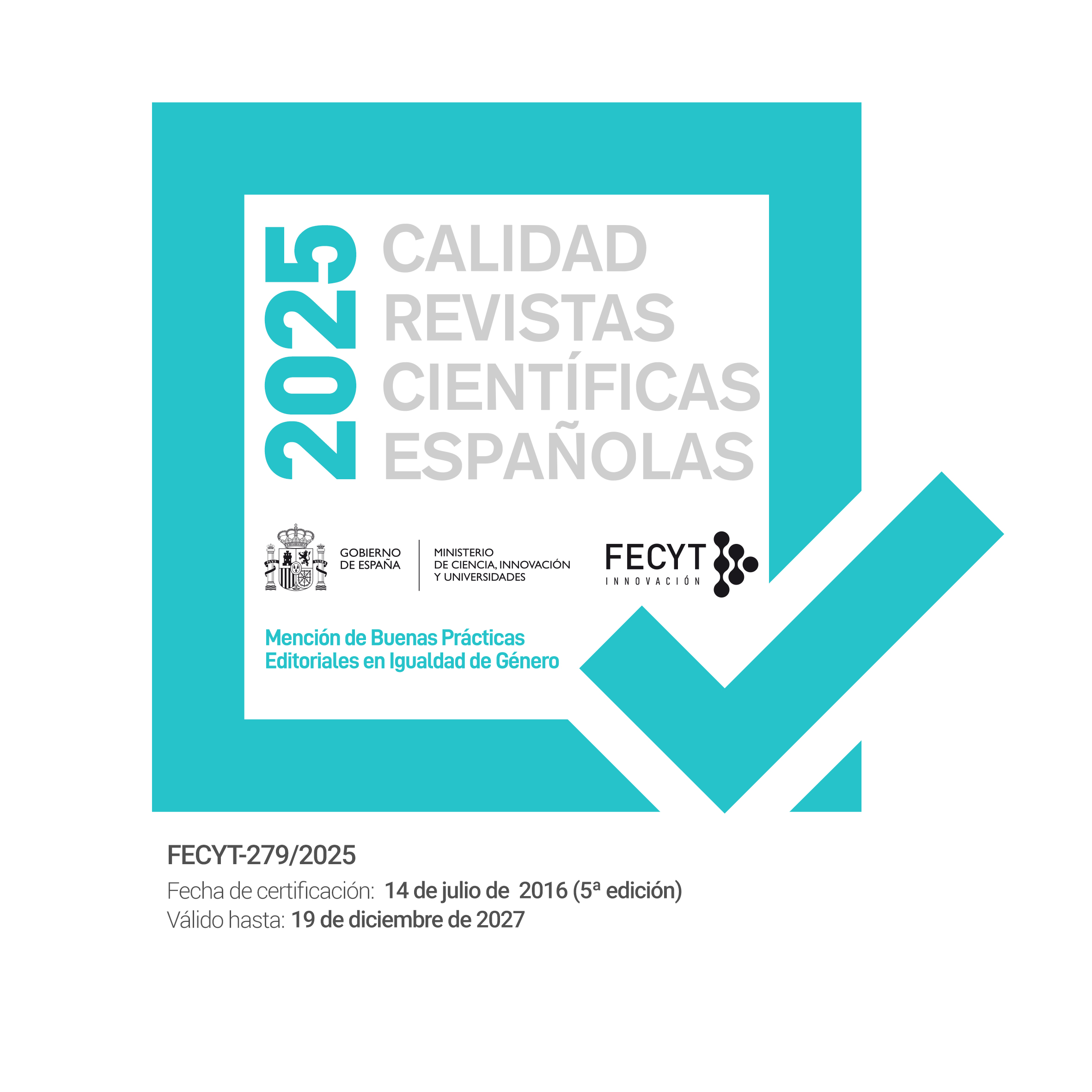'Beowulfo', 'Geatas' and 'Heoroto': An Appraisal of the Earliest Renderings of Beowulf in Spain
DOI:
https://doi.org/10.26754/ojs_misc/mj.20099716Keywords:
Beowulf, translation, ideology, Beowulfo, nationalistic appropriationAbstract
Back in 1934, Beowulf entered the Spanish editorial world. Manuel Vallvé published in Barcelona a retelling of this Old English poem not intending it for scholars or professors, but rather for children. Ever since then and up to 1975, the year of General Franco’s death, two translations of Beowulf, as well as a second version for kids were published in Spain. These texts are indirect indicators of the evolution of medieval English studies in this country and provide useful insights into the socio-historical background in which they were written. In the present paper I intend to contextualize these four texts in their ideological background. I will show how the Spanish versions of Beowulf were (un)consciously used by their authors mainly in two ways: either as a response to the dominant ideology, or as channels of transmission and reinforcement of the political establishment. Such a reappraisal has not been made up to now, and I consider it is badly needed given the level of maturity reached by Old English studies in English Departments at Spanish universities at the beginning of the twenty-first century.
Downloads
References
Borges, Jorge Luis. 1992. “Some Versions of Homer”. PMLA 107: 1136-38.
Bravo, Antonio. 1981. Beowulf. Estudio y traducción. Oviedo: Servicio de Publicaciones de la Universidad de Oviedo.
—. 1991. “Old English Studies in Spain”. Medieval English Studies Newsletter, 25: 4-6.
—. 1996-97. “La historia de los estudios sobre Beowulf en España”. Archivum: Revista de la Faculta de Filología, 46-7: 85-110.
Cañete, Ángel. 1991. Beowulf. Málaga: Universidad de Málaga.
Chambers, Raymond William. 1959. Beowulf, an Introduction to the Study of the Poem with a Discussion of the Stories of Offa and Finn.With a supplement by C. L. Wrenn. Cambridge: Cambridge U. P.
Chumillas i Coromina, Jordi. 2007. Traducció i edició a Catalunya durant la primera dictadura del s. XX (1923-1930). Universitat de Vic.
Delgado Gómez-Escalonilla, Lorenzo. 2005. Acción cultural y política exterior. La configuración de la diplomacia cultural durante el régimen franquista (1936-1945). Universidad Complutense de Madrid.
Gallego Roca, Miguel. 2004. “De las vanguardias a la Guerra Civil”. In LAFARGA, F. and L. Pegenaute (eds.): 479-579.
Guadia Massó, Pedro and Julio César Santoyo Mediavilla. 1982. Treinta Años de Filología Inglesa en la Universidad Española. Madrid: Alhambra.
Heaney, Seamus. 1999. Beowulf. A New Translation. Faber and Faber: London.
Herrera, José Luis. 1965. Beowulfo. Colección el Globo de Colores: Mitos y Leyendas. Madrid: Aguilar.
Hurtley, Jacqueline A. 1992. José Janés: Editor de Literatura Inglesa. Barcelona: P. P. U.
—. 2005. “Wandering between the Wars: Walter Starkie’s Di/visions”. In Tazón Salces, Juan E. and Isabel Carrera Suárez (eds.) Post- Imperial Encounters: Anglo-Hispanic Cultural Relations (Studies in Comparative Literature 45). Amsterdam and New York: Rodopi: 50-60.
Ker, William Patton. (1904) 1958. The Dark Ages. New York: Mentor Books.
Klaeber, Friedrich. (1922) 1941. Beowulf and the Fight at Finsburg. 3rd ed. with supplement. New York: D.C. Heath and Co.
Lafarga, Francisco y Luis Pegenaute (eds.) 2004. Historia de la traducción en España. Salamanca: Editorial Ambos Mundos.
Lawrence, William. (1928) 1967. Beowulf and Epic Tradition. New York and London: Haffner Publishing Co.
Lerate, Luis. 1974. Beowulf y otros poemas épicos antiguo germánicos (s. VII-VIII). Barcelona: Seix Barral.
Lerate, Luis and Jesús Lerate. (1986) 2004. Beowulf y otros poemas anglosajones (siglos VII-X). Madrid: Alianza Editorial.
Liuzza, Roy M., ed. and trans. 2000. Beowulf. A New Verse Translation. Peterborough: Broadview Press.
Madariaga, Salvador de. 1922. Ensayos anglo- españoles. Madrid: Publicaciones Atenea. [esp. “Paralelos anglo-españoles”. 143-190].
Manent, Marià. 1947. La poesía inglesa: de los primitivos a los neoclásicos. Ediciones Lauro: Barcelona.
Mitchell, Bruce and Fred C. Robinson. 1998. Beowulf. An Edition. Malden, Mass.: Blackwell Publishers.
Niles, John D. 1993. “Rewriting Beowulf: The Task of Translation”. College English, 55.8: 858- 878.
Osborne, Marijane. 1997. “Translations, Versions, Illustrations”. In Bjork, Robert E. and John D. Niles (eds.) A Beowulf Handbook. Exeter: Exeter U. P.: 341-59.
—. “Annotated List of Beowulf Translations.” Arizona Center for Medieval and Renaissance Studies. Tempe. 11 Dec. 2007. http//:www.asu.edu/clas/acmrs/web_pages/online_resources/online_resources_beowulf_annotated_trans.html/
Pascual Garrido, M.ª Luisa. 1999. “Reflexiones acerca de la labor de traducción de poesía inglesa de Marià Manent”. Anovar/anosar estudios de traducción e interpretación, 3: 169-177.
Payo Hernanz, René J. 2006. “La imagen del héroe medieval castellano. El Cid: entre la historia, la leyenda y el mito”. Cuadernos del CEMyR, 14: 111- 46.
Pujol, J. et al. 2004. “El ámbito de la cultura catalana”. In Lafarga, F. and L. Pegenaute (eds.): 623-720.
Raffel, Burton. 1989. “Translating Medieval European Poetry”. In Biguenet, John and Rainer Schulte (eds.) The Craft of Translation. Chicago: University of Chicago Press: 28-53.
Sander, Carles. 1967. En busca del Quijote. Santiago de Chile: Editorial Nascimento.
Serrano Gómez, María Elisa. 2001. “La editorial Aguilar”. Lazarillo, 7: 4-15.
Shippey, Tom A. and Andreas Haarder (eds.) 1998. Beowulf. The Critical Heritage. London: Routledge.
Stanley, Eric G. 1994. In the Foreground: Beowulf. Cambridge: D. S. Brewer.
Steiner, George. 1981. Después de Babel. Aspectos del lenguaje y la traducción. Trans. A. Castañón. México: Fondo de Cultura Económica.
Tolkien, J. R. R. 1983. “The Monsters and the Critics”. In Tolkien, C. (ed.) The Monsters and the Critics and Other Essays. London: Allen & Unwin: 5-48.
Vallvé, Manuel. 1934. Beowulf . Barcelona: Araluce.
Vega, Miguel Ángel. 2004. “De la Guerra Civil al pasado inmediato”. In Lafarga, F. and L. Pegenaute (eds.): 527-78.
Venuti, Lawrence. 1999. Translation Studies Reader. Florence, KY: Routledge.
Vera Pérez, Orestes. 1959. Beowulf. Madrid: Aguilar.
Downloads
Published
Issue
Section
License
Copyright (c) 2009 Eugenio M. Olivares Merino

This work is licensed under a Creative Commons Attribution-NonCommercial 4.0 International License.


